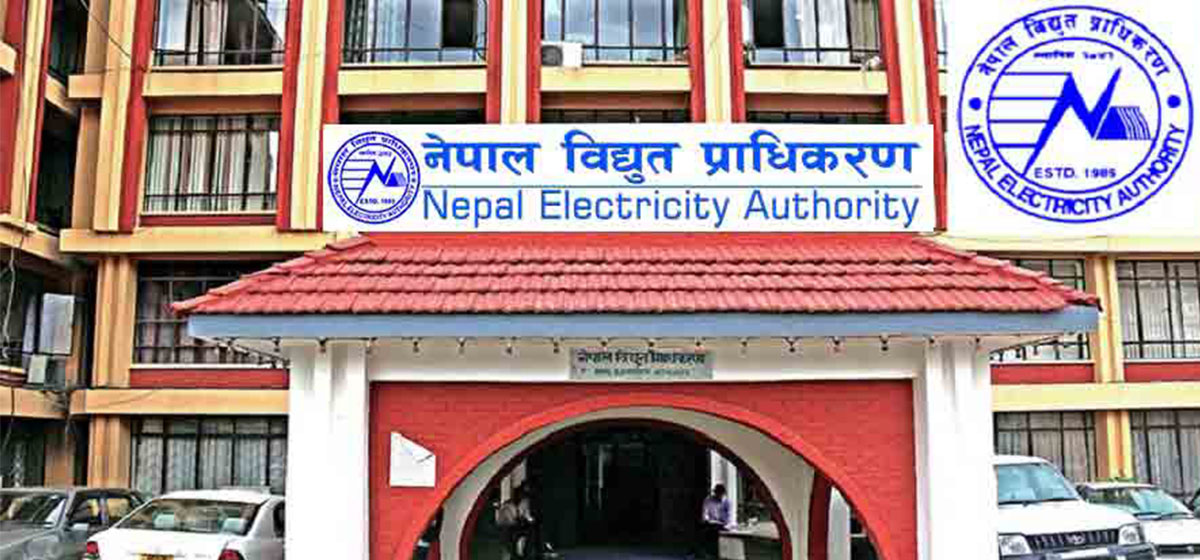In the wake of the recent power struggle between the Nepal Electricity Authority (NEA) and industrialists leading to the halt of electricity supply to nine industries, the Federation of Nepalese Chambers of Commerce and Industry (FNCCI) has stepped forward with a sensible proposal that deserves immediate attention from the government. The umbrella organizations of businessmen and industrialists across the country has called for the establishment of a high-level commission, empowered to provide an impartial opinion on the arrears disputes concerning trunk and dedicated lines. The demand for an independent commission comes on the heels of the NEA's decision to cut power supply to nine industries, a move that has not only jeopardized the livelihoods of thousands of workers but also cast a shadow over the government's revenue stream. The industries affected include prominent players such as Sarbottam Cement, Lakshmi Steel, Ashok Steel, Sonapur Minerals and Oil Pvt Ltd, Triveni Spinning Mills, Jagdamba Steel, Ghorahi Cement, Reliance Spinning Mills, and Arghakhanchi Cement.
Dedicated and trunk line tariff dispute remains unresolved

The financial figures involved in the arrears disputes are staggering, with Lakshmi Steel owing Rs 741 million, Sarbottam Cement Rs 689 million, Ashok Steel Rs 745 million, Sonapur Minerals and Oil Pvt Ltd Rs 612 million, and Triveni Spinning Mills Rs 869 million. Similarly, Jagdamba Steel, Ghorahi Cement, Reliance Spinning Mills, and Arghakhanchi Cement face outstanding dues of Rs 4.14 billion, Rs 1.36 billion, Rs 1.94 billion, and Rs 1.30 billion, respectively. The FNCCI's call for a commission is not a rejection of the obligation to settle the outstanding dues but a plea for a fair and unbiased examination of the matter. It is crucial for both the NEA and industrialists to recognize the potential repercussions of their actions. The closure of industries, even for a single day, not only impacts the employment of thousands but also disrupts the supply chain, affecting the credibility of industries, especially those catering to international markets.
The FNCCI on Monday emphasized the need for a commission with the authority to review past studies, assess the current situation, and consider factors such as time of the day (TOD) meter readings. This approach ensures a comprehensive understanding of the circumstances leading to the arrears disputes and lays the groundwork for informed recommendations to resolve the issues amicably. It is worth noting that the FNCCI had sought the intervention of Prime Minister Pushpa Kamal Dahal on August 25, urging him to prevent the abrupt cutting of power lines. While the Prime Minister had given assurances at that time, the recent actions by the NEA highlight the urgency of a more concrete and lasting solution. The government, in collaboration with the NEA and industrialists, must heed the FNCCI's proposal and expedite the formation of the suggested commission. An independent body with the authority to assess and recommend measures will not only contribute to a fair resolution of the arrears disputes but also foster a conducive environment for sustainable economic growth. It is time for all stakeholders to come together, prioritize dialogue over confrontation, and work towards a solution that safeguards both the interests of industries and the stability of the national economy.


































